Gardening for Beginners
Posted on 08/11/2016
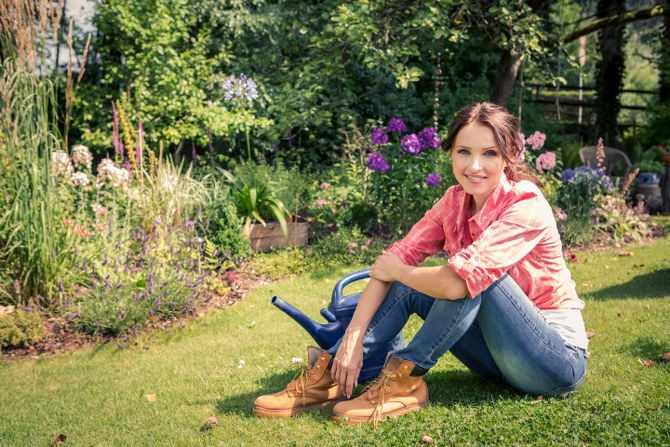
Creating a garden with colour and beautiful blooms is a rewarding experience. For many people, gardening is an enjoyable hobby that offers so much in the form of colourful displays of trees, plants and flowers. To those who grow herbs, fruit and vegetables, the garden provides wonderful produce to enjoy all year round and they know where it comes from! If you are a newcomer to gardening, here are some simple gardening tips to get you started and maybe turn it into a hobby that will stay with you for life. 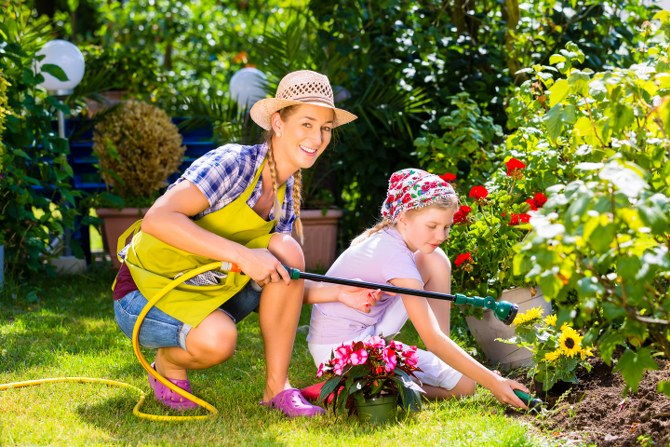
Getting into gardening
The main principle of creating a garden is to start small. Make a plan and if needed, draw a diagram. Choose a venture that is easy to get started on and will not be time consuming. It is easy to get bored and frustrated and if one of your ideas takes a long time to turn into reality it can be easy to give up and hate the job. Like all hobbies, you need to be interested in it to enjoy it, so start with small tasks. It helps to gain some knowledge, so read all you can about it either using the internet, books or magazines. Also, ask people you know; often others are happy to offer gardening advice about easy ways to do things, proper garden care and lawn mowing, etc.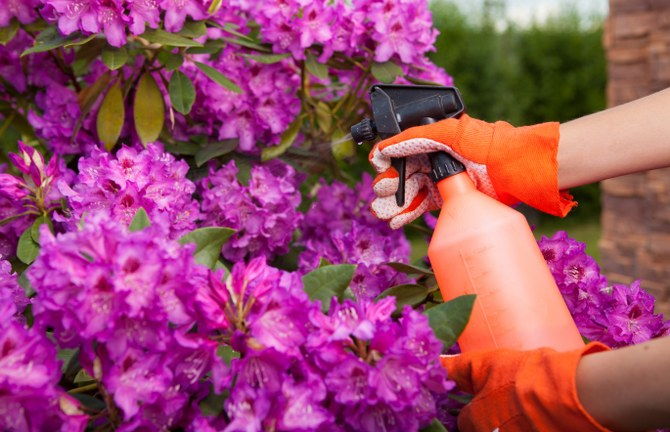
Before you do anything in your garden, make sure you are familiar with the basics such as diseases, pest and weed control, watering and fertilizers. There is a lot to gardening, so make sure you study some of the basic details about how to get started. Gardening supplies, tools and seeds etc. all cost money, so if you are just starting out do your research in order not to waste money. Also, just buy what you need at first; as you progress with your garden design you can invest more along the way. If you decide gardening isn’t for you won’t have wasted a lot of money.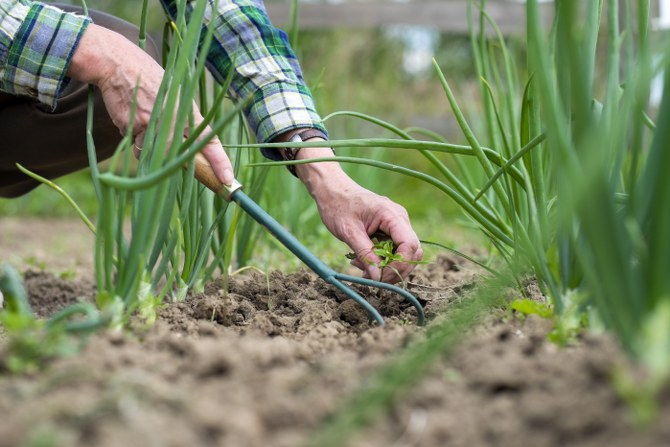
Ways to control the weeds
Weeds can sometimes grow faster than plants and flowers; be prepared for weed control and save time on weeding by placing a thin layer of mulch around plants. This comes in various forms such as compost, bark, dried leaves and straw. It also helps retain water and keeps the soil at the right temperature. If you have plants and flowers, make sure they are regularly watered. If unsure, do your research and find the instructions for the particular type to ensure you are doing the right thing for your garden. The morning is the best time for watering plants because the soil has all day to dry and helps prevent fungal disease from forming.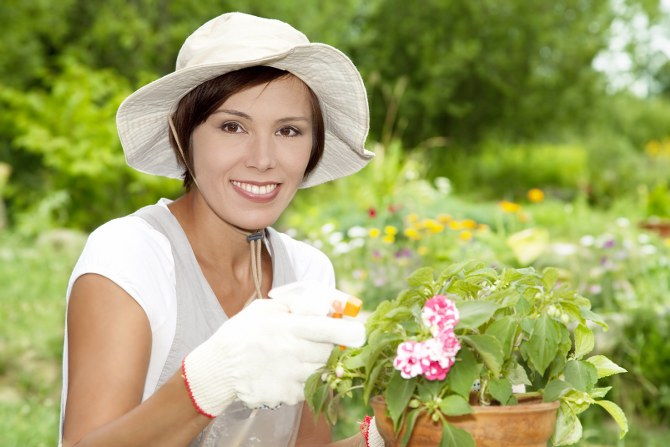
Controlling pests
Plants, flowers and trees can easily get plagued with pests and diseases. Using a natural deterrent is better than chemicals. A basic recipe that uses ingredients from the kitchen is combining a teaspoon of washing up detergent with a cup of vegetable oil and mixing thoroughly. Then mix two teaspoons of this mixture with a cup of water and pour in a spray bottle, shake well and then use every 10 days. It helps control mites, white flies and other various pests that can kill plants. Though DIY centres and gardening stores have lots of chemicals to get rid of various pests, you have to make sure you use them in the proper way during your garden care. It is essential, if you opt for these products to help with pest control, to read the instructions carefully. Use the correct measurements and be cautious when handling them and wear protective clothing and masks. Check the after effects too – if you can continue to grow other plants or you need to allow time for the chemicals to wear away.




